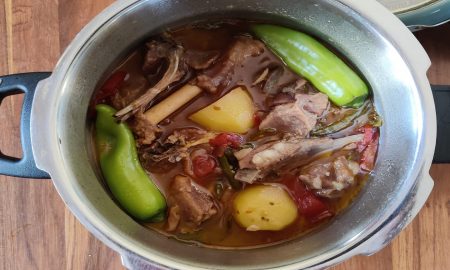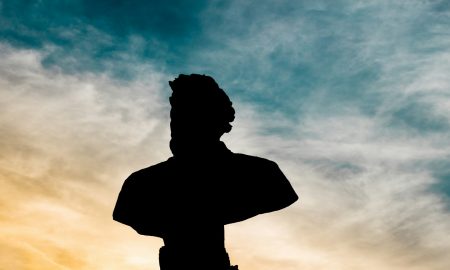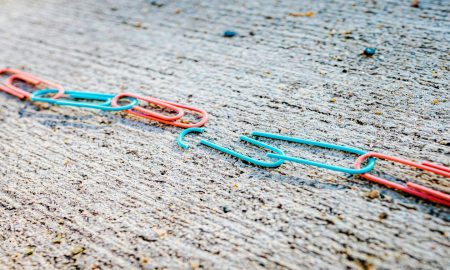We look at the world once, in childhood.
The rest is memory.
Louise Glück
These streets birthed a humdrum infancy,
a Salvadoran consistency.
The calmness of tortillas, thick, our own,
unlike the ones next door. Doña Marta
hauled her comál from northern Mexico
in a sling of Spanish way too loud
for subversion (our specialty,
the guerrilla-sweetened tongue,
the you—not formal, not Usted,
not even tú—but vos, which means
I’ll give my life for you).
This was a colony of Morazán,
where the first-born sons
of the massacre of 1932
survived and trained and slipped back home and won.
It’s different now. A god’s moved in
all googly-eyed. Café chapels rise
from pupusería bones.
The homegrown scat up Shotwell Street
among the humpback Silicons
who curve their privileged spines over their cells
in this downloaded San Francisco hell.
The Mission’s done. Van Ness is boutiqued-up.
Take 18th to Capp. My whores are gone,
the girls who swept their fingers down my cheek
when I was one
and kissed my grandmamá
who strolled me in a geriatric strut.
But, there are echoes here.
707 Capp, my first address,
my Bethlehem, where the women gathered round,
Mamá, cousin Marina, all the sexy aunts
who cooed at the half-breed babe
and made him whole. The ground
never shifted here. The chronic caress
of macho-training women made it clear
they’d kill for me. Then Daddy took us away,
to the U.S. South, his home turf, the land
of my other, milky skin.
And there you waited, in our Appalachian hills,
Your hunting ground,
when I, five, was in season for a year.
Which is why I’m here,
in this trigger-home
of all my Latino-ness, not to recharge
but to create, from memory,
memory—a survival tactic for the bloodline-bruised
that I have used for forty-seven years.
The odors first: Give me the drunkard’s piss
that runs the curb
below the wood-spoke wheels of a taco cart,
and leather meat that hangs off hooks
and coffee breath of kind caballeros
who always need a shave
and do not crave.
And Oh! I hear the howl
from Fillmore Street
that sings into my nineteen sixty-four,
and makes all love all good.
And I taste my uncle’s weed
and breathe in all the vos-es that I can,
with their blend of cigarettes and martyrdom
and I hear all the heartbeats
of this barrio, the battle drums
of Salvadoran love,
and I celebrate ourselves
and sing ourselves, for what belongs to us
does not belong to you.




